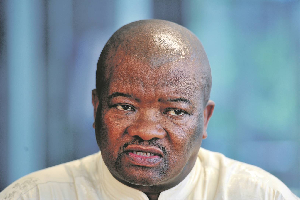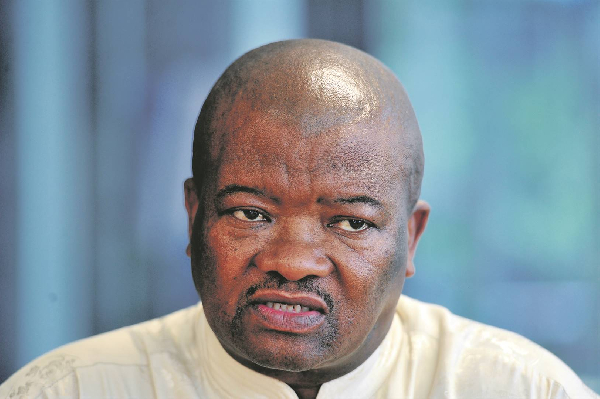 Bantu Holomisa, Deputy Minister of Defence for South Africa
Bantu Holomisa, Deputy Minister of Defence for South Africa
The Deputy Minister of Defence in South Africa, Bantu Holomisa, has said it is time for a critical reevaluation of peacekeeping missions across Africa from a militarized approach to one far more diplomatic.
Delivering a speech on October 5, 2024, at the maiden African Peace and Security Dialogue in Johannesburg, Holomisa emphasized that there is an imperative need for the re-empowerment of the Peace and Security Council at the African Union level with regard to serving the security needs of the continent more aptly.
“In addition to enhancing early warning systems, we must also revive and strengthen the AU’s Peace and Security Council, originally envisioned as a key institution for conflict resolution on the continent,” Holomisa said.
He alluded to the historical role of the Liberation Committee that guided the African countries through independence struggles and insinuated that a resurgent PSC could provide the same kind of leadership in resolving modern-day conflicts.
“By refocusing the council’s mandate and ensuring it has the resources and authority to act decisively, Africa can better manage its security challenges,” he argued.
Holomisa cautioned against the increasing militarization of conflict resolution efforts, arguing that it diverts resources away from vital social services. “The growing focus on militarized conflict resolution, rather than diplomacy, will undoubtedly drain resources that should be directed toward social security, education, healthcare, and poverty alleviation,” he said.
“A shift towards empowering institutions for peace and conflict resolution is not only necessary but urgent if we are to build a stable, prosperous future for the continent.”
He cited South Africa’s involvement in peacekeeping missions in the DRC and Mozambique, citing that most military interventions usually lack political processes that will guarantee sustainable peace. “There is a need to establish a strategy that encourages political will among those involved in the conflicts before deploying troops,” he warned, adding that peacekeepers are often viewed as enemies by factions within the conflict areas, which has led to tragic casualties.
In his speech, Holomisa also touched on the non-straightforward position of external forces in African conflicts underlining the geopolitical struggle for the natural resources of the continent.
“Many of the conflicts we witness today are driven not just by internal political instability but by the desire of powerful individuals and foreign interests to control specific products and resources such as minerals, oil, and other valuable commodities,” he said.
Holomisa reiterated the urgent need for sound early warning mechanisms, citing that such mechanisms would accord African leaders an opportunity to act on time whenever conflicts were brewing.
The Thabo Mbeki Foundation’s Annual African Peace and Security Dialogue brings together African political and economic leaders, scholars, and policymakers to discuss current peace and security challenges, share experiences and best practices, and advance workable solutions. It aims at deepening understanding and stimulating a robust debate of African-led solutions to peace and security challenges.
BB
